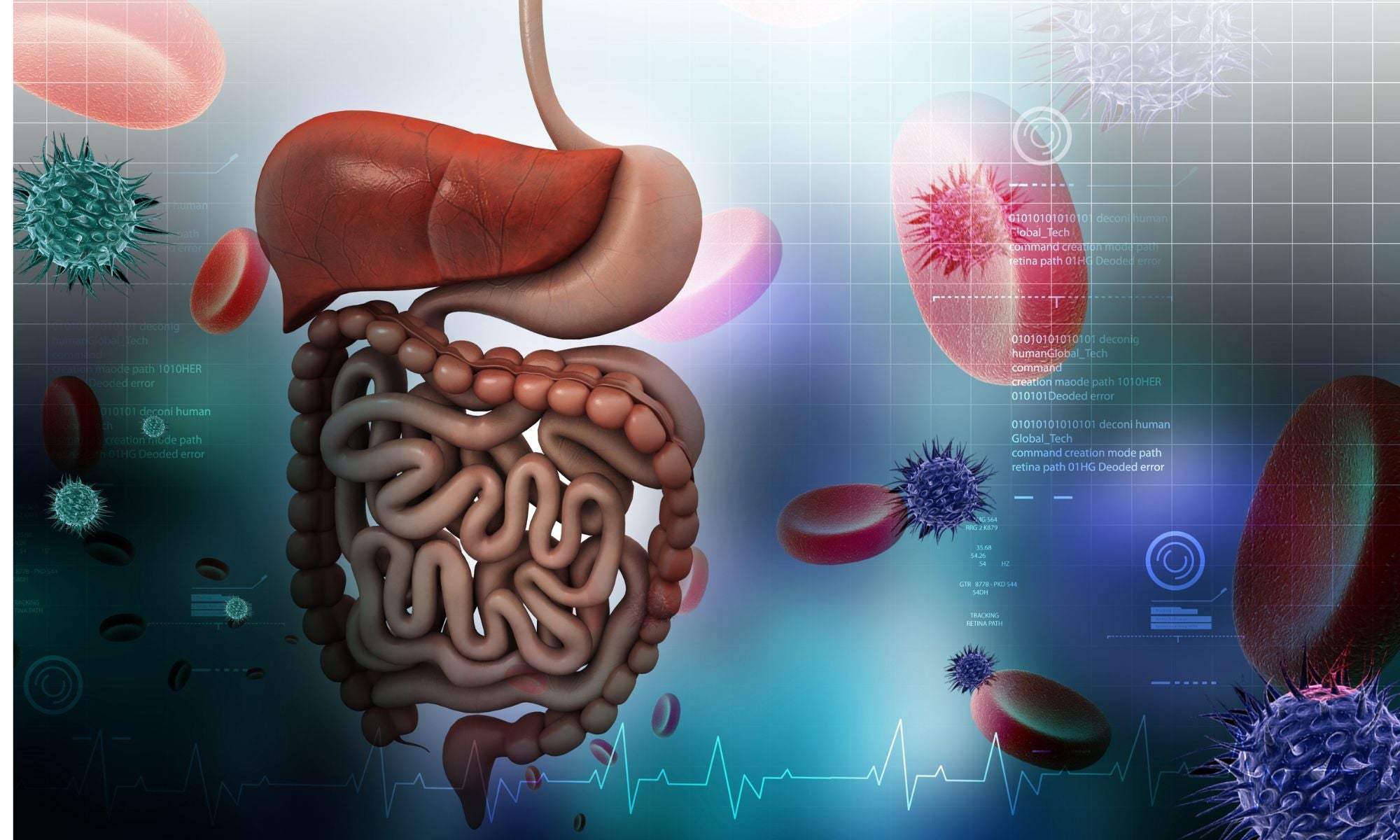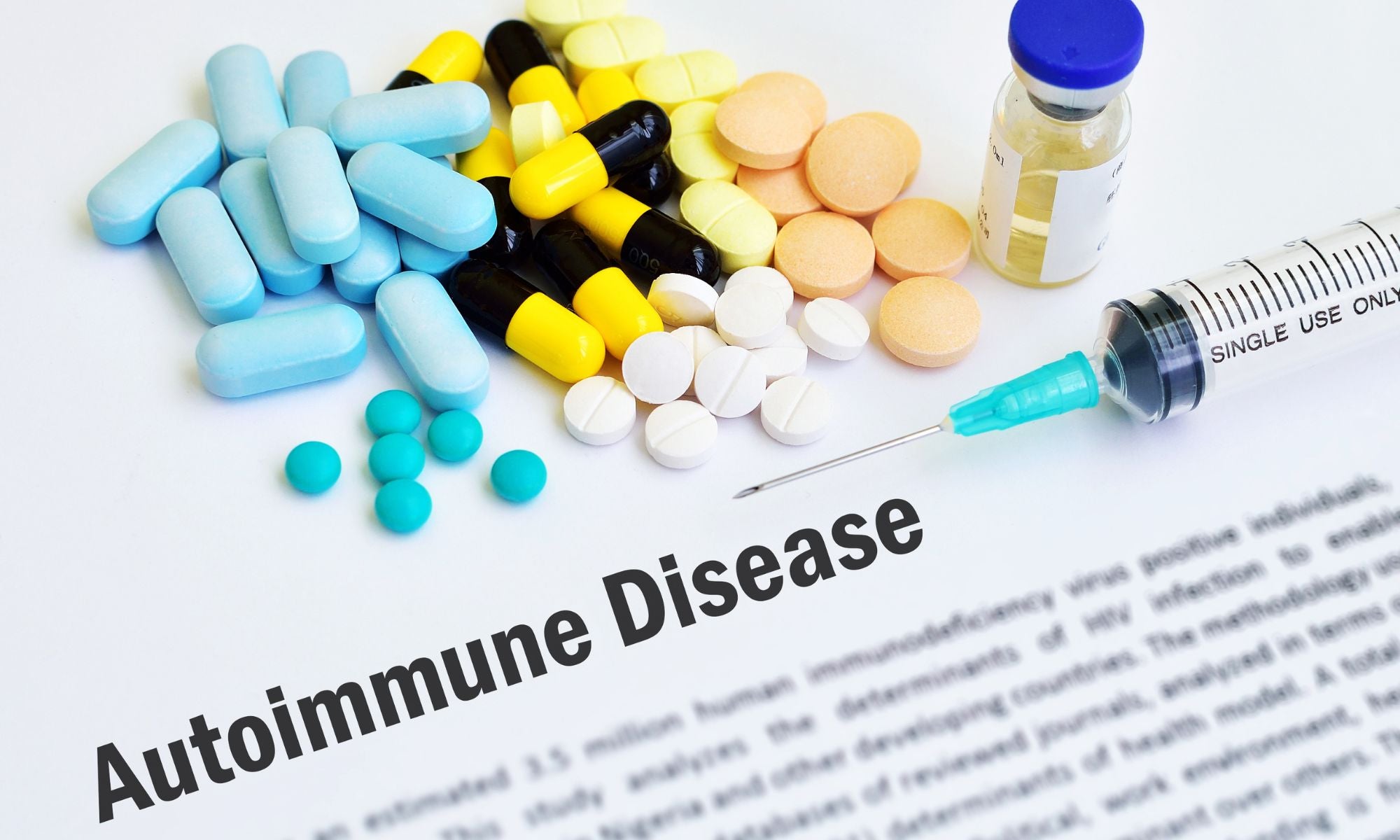
ALL YOU NEED TO KNOW ABOUT AN UNHEALTHY GUT
The Gut Microbiome
Today, numerous studies about the inconceivable complexity of the gut and how essential it is to our general well-being are becoming even higher.
Over the past 20 years, the connection between gut health and the immune system, mental health, autoimmune diseases, endocrine illnesses, skin disorders, mood, and cancer have been validated.
"Gut microbiome" is a term that speaks of the microorganisms living inside the intestines. Approximately 300-500 various species of bacteria are present in a person’s digestive tract. People mistakenly think that microorganisms are dangerous to our health. While it is true that some are damaging, it is important to know that a lot of microorganisms are extremely beneficial to our bodies. In fact, they are crucial to having a healthy body.
One study on gut bacteria in the Journal of Gastroenterology and Hepatology was conducted by Dr. E. M. Quigley. It was proven that having a wide range of good bacteria in the gut is able to:
- Help boost immune system function
- Help improve symptoms of mental disorders
- Help fight obesity by assisting in weight loss
Aside from these things, there are many other health benefits that can be experienced.
Do You Have an Unhealthy Gut? Watch Out for These Signs:
Multiple aspects of life contribute to the damage of our gut microbiome. Some of these contributors are inadequate sleep and consumption of sugary and processed foods. Those who take antibiotics may also suffer from having an unhealthy gut.
An unhealthy gut may contribute to a wide range of health issues. It may impact our overall health, including the heart, brain, skin and immune system. If not treated properly, it could even lead to cancer.
If you want to know the signs of an unhealthy gut, watch out for these 7 signs:
Upset Stomach
One sign of an unhealthy gut is an upset stomach. Those who suffer from an unhealthy gut will experience stomach problems such as bloating, gas, diarrhea, constipation and heartburn. If you experience most of these, it could be your body’s way of telling you that you have an unhealthy gut. If your gut is healthy, your body will not have a hard time processing food and eliminating waste.
Unintended Weight Changes
Another sign of an unhealthy gut is unintended weight gain or weight loss.
If there are no changes in your diet, but weight gain or weight loss occurs, it may be a sign of an unhealthy gut.
Keep in mind that having an imbalanced gut is able to affect your body’s ability to absorb nutrients in a harmful way. Even your body’s regulation of blood sugar could be affected.
Sometimes, weight loss is caused by small intestinal bacterial overgrowth (SIBO). Weight gain, on the other hand, could be caused by insulin resistance or the craving to eat too much as a result of reduced nutrient absorption.
Diet Rich in Sugary and Processed Foods
If you are on a diet rich in sugary and processed foods, the number of good bacteria in your gut will surely decrease. This particular imbalance will then cause you to crave more sugar, leading to a more damaged gut health.
With that being said, it is necessary to stay away from high levels of refined sugars.
High-fructose corn syrup is one of the unhealthiest ingredients that you should avoid. This has been linked to increased inflammation, which could be a potential source of most diseases, including cancer.
Skin Problems
An unhealthy gut also contributes to skin problems. Those who are suffering from eczema may found out that their condition is due to a damaged gut.
If your gut is unhealthy, it may result in inflammation. Inflammation due to an unhealthy diet or various food allergies may result in increased "leaking" of various proteins out into our bodies.
This leaking, then, can possibly irritate the skin and cause skin issues like eczema.
Sleep Disorders and Fatigue
Other signs of an unhealthy gut include sleeping problems and fatigue that doesn’t seem to go away.
Sleep disorders like insomnia may result in chronic exhaustion. Serotonin is a hormone that impacts mood and sleep. Most of the body’s serotonin is produced in the gut.
With that being said, an unhealthy gut is able to harm your ability to sleep soundly.
Food Intolerance
Food intolerance occurs when you have difficulty digesting a particular food.
It is important to note that food intolerance is different from food allergy. Food allergy is caused by an immune system reaction to a particular food. However, there are also a few pieces of evidence that food allergies may also be related to gut health.
Food intolerance is believed to be the result of not having enough good bacteria in the gut. This may result in digestion problems and symptoms such as:
- Gas
- Bloating
- Diarrhea
- Constipation
In some cases, nausea and abdominal pain can be experienced.
Autoimmune Disorders
Medical scientists are still in the process of discovering more evidence on how gut health impacts the immune system.
An unhealthy gut is believed to be able to intensify inflammation and modify the right function of the immune system. This can possibly result in autoimmune diseases, where the body attacks its healthy cells by mistake.
7 Ways to Care for Your Gut
Go for a healthy diet
 Consuming too many processed foods together with high-fat and sugary foods may damage your gut. Instead, a plant-based diet is recommended for better gut health. If you want a healthy gut microbiome, a high-fiber diet is a great start!
Consuming too many processed foods together with high-fat and sugary foods may damage your gut. Instead, a plant-based diet is recommended for better gut health. If you want a healthy gut microbiome, a high-fiber diet is a great start!
Chew your food well and eat slowly
Take your time when eating to avoid digestion and gut problems. At all times, you must eat slowly and chew your food well. This will aid in better digestion and absorption of nutrients.
Drink lots of water and stay hydrated
 Drinking at least 8 glasses of water every day is essential. Hydration is one of the enemies of a healthy gut. Staying hydrated benefits the intestine’s mucosal lining and provides the right balance of good bacteria in the gut.
Drinking at least 8 glasses of water every day is essential. Hydration is one of the enemies of a healthy gut. Staying hydrated benefits the intestine’s mucosal lining and provides the right balance of good bacteria in the gut.
Have adequate sleep
Inadequate sleep affects the health of your gut. A good sleep of at least 7-8 hours a day is a must. If you are suffering from any sleeping disorders, talk to your physician about it.
Take a prebiotic or probiotic supplement
One of the best ways to boost the health of your gut is by consuming either a prebiotic or probiotic supplement.
Probiotics are live beneficial bacteria, while prebiotic give food intended to promote the development of good bacteria in the gut.
Be aware that people suffering from bacterial overgrowths, like SIBO, are not advised to take probiotics. Aside from that, be informed that not all probiotic can be beneficial. For best results, getting a medical advice from your doctor is important when choosing a probiotic or prebiotic supplement that will work best for you.
Watch out for food intolerance
 Some of the symptoms of food intolerance include:
Some of the symptoms of food intolerance include:
- Nausea
- Bloating
- Cramping
- Acid Reflux
- Fatigue
- Abdominal pain
If you experience most of these, you might be suffering from food intolerance.
Know your trigger foods to evaluate if the symptoms will go away. A change in your food choices and daily lifestyle may produce positive changes to your condition.
Manage and reduce your stress levels
Stress has always been a huge factor in health. There is no wonder why too much stress affects gut health.
Thankfully, there are many ways to fight stress. A daily walk, meditation, and time with families and friends might help lower levels of stress. You may also try attending a yoga class, getting a body massage or lessening your caffeine consumption.
3 Best Foods for a Healthy Gut
Since gut health is closely associated with diet, see to it that you choose the right foods.
Staying away from processed foods and sugary foods are necessary to maintain a healthy microbiome. Aside from destroying good bacteria, these types of foods also stimulate the development of harmful ones.
Aside from knowing what not to eat, you also need to know what you should eat. A variety of foods can promote the growth of good bacteria, thus contributing to your general health. These foods include:
Foods high in fiber
Various studies proved that consuming foods rich in fiber positively impacts gut health. Some of these include beans, legumes, oats, berries, bananas, asparagus, and leeks.
Fermented Foods
Studies have been conducted to prove the benefits of fermented foods to the gut microbiome.
Yogurt, kimchi, sauerkraut, miso, tempeh and kefir are amazing food sources of probiotics.
Collagen-boosting foods
Aside from fermented and high-fiber foods, collagen-rich foods should also be consumed. Bone broth and salmon are good examples of these. Both provide tremendous benefits to gut health and overall health.
Most of these health benefits, however, are anecdotal conclusions. More studies on this matter must be conducted.
Make the Necessary Lifestyle Changes

The complexity of the gut and how essential it is to our overall health is greater than what people thought.
The bacteria in our gut affect our over-all health more than we know. But as long as you make the necessary changes to your lifestyle, you don’t have anything to worry about!
![]() SUMMARY:
SUMMARY:
All in all, a healthy gut is able to contribute to a healthy brain, healthy heart, and a healthy immune system. It also causes proper digestion, good sleep and improved mood. Different types of cancers and autoimmune diseases could also be prevented.













